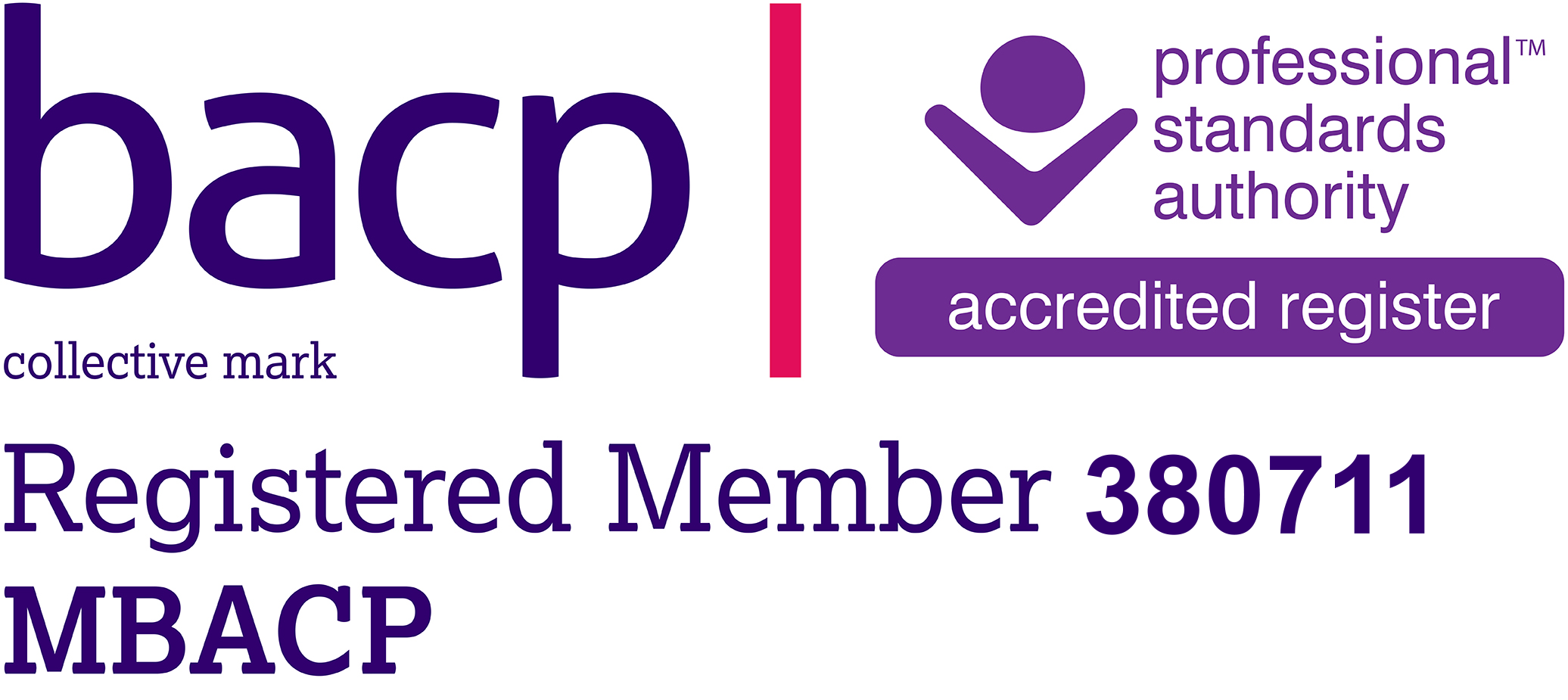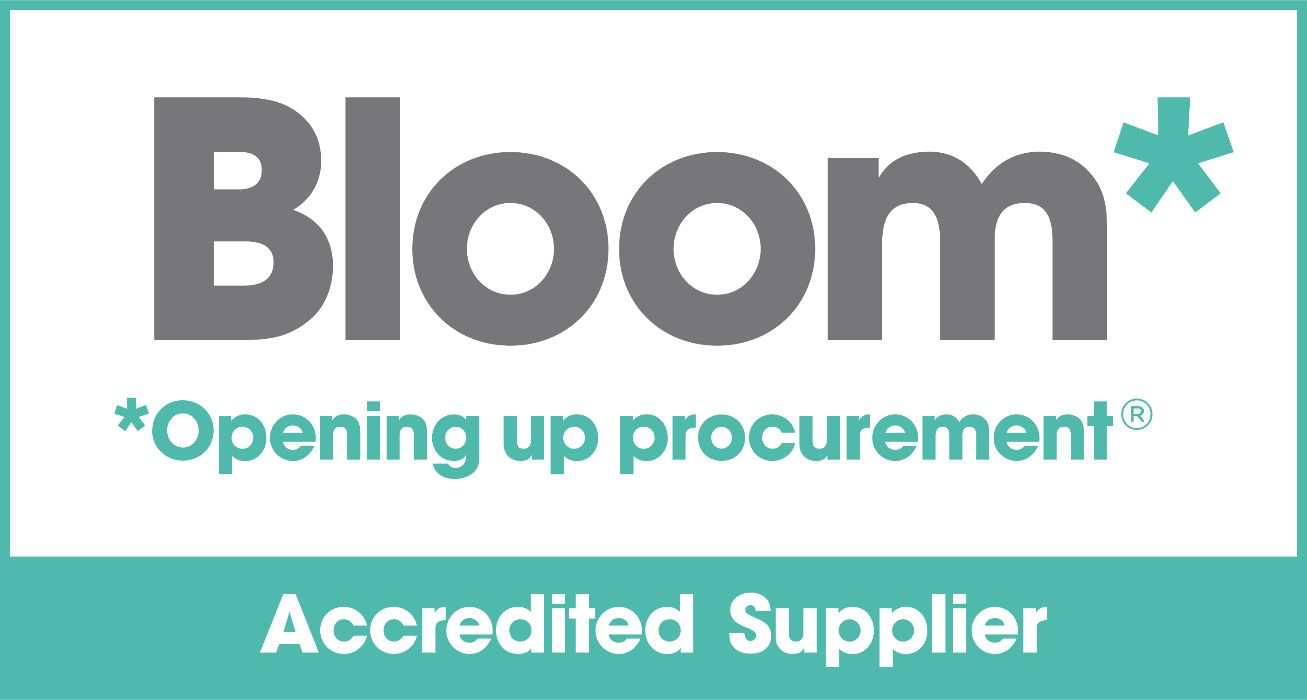Consultation
A psychodynamic perspective can shed light on complex problems and help shift networks and systems that are stuck, overwhelmed, confused…
How it works:
A psychodynamic consultation starts by mapping the current situation, whether it be with a child, family, group or organisation. This includes taking account of the emotions felt by all those involved – as these are key indicators of what unconscious processes are occurring. The consultation will also look at previous/past situations and consider whether there are discernible patterns or triggers. In the case of families this will include past losses, the quality of parenting that parents themselves received when they were children etc. In the case of organisations and groups it is important to take account of the nature of their task, the natural anxieties that arise from trying to deliver that task as well as the culture of the working environment.
Psychoanalytic theory, by making conscious the unconscious processes that influence human behaviour, offers deep and revealing insights into the functioning of networks, groups and families – and makes possible deep and significant change and improvement.
My Experience:
I have very extensive consultation experience working with schools, Social Care, the NHS and also residential placements. I have worked for over thirteen years in Children Looked After (CLA) teams and led an NHS CLA team for four years. A regular part of my work within the NHS, over the years, has been to support networks involved with CLA children, including foster carers, Social Care and schoolteachers. This work has required holding in mind the emotional and mental health needs of the child, whilst negotiating and thinking about the task faced by adults and services involved in the child's care - and especially the anxieties that their responsibilities gives rise to.
I have found that when these professional anxieties are not named and processed in a supportive way, systems can become blocked - and this includes trauma informed systems. Often, organisations need mental health expertise to operationalise a trauma informed approach - and a system that is not set up at all levels to cope with the secondary trauma of working with traumatised children (and adults) will eventually itself become stuck.
I have also seen how professionals need ongoing support to think about how they position themselves towards other professionals and adults involved in a child's care, or the children themselves. By way of example, it is not easy, sometimes, for Supervising Social Workers to be both close to the foster carer they support, but at the same time sufficiently separate to be able to monitor standards of care and raise practice issues or ensure the carer is attending to the child's trauma even if it is dormant. I believe that the capacity to be both close enough to empathise and at the same time sufficiently separate is the foundation of all professional relational work.
I set up a trauma formulation system in one Social Care that supported foster carers and social workers to understand a child's trauma at the point that they came into care.
Other consultative roles have included meeting keyworkers at residential placements and helping them to understand the links between the child’s trauma and their challenging behaviour.
I am trained in DDP to Level 2 and have supported Social Workers to implement the PACE model in their work. However, the following article should be of interest to any organisation that faces and manages children's challenging behaviour (it explores the way challenging behaviour and the emotions that it throws up in us adults communicates to us the trauma they have suffered):
https://www.tandfonline.com/eprint/w2xES4uzfTWBJkeR7Zif/full?target=10.1080/02650533.2019.1572081
The approach described in my article translates children's challenging behaviour to make clear the trauma story it tells. I offer training in this approach as well as consultation.
How I work:
I bring to the task of consultation a particular interest in organisational dynamics, fostered by the Birkbeck training I undertook between 1997-2000. I try to help consultees focus on and understand their task and consider those factors that intrude on or support its delivery. A key factor in this is to take account of the anxieties that the task can give rise to. Experience has taught me that when these anxieties remain unconscious they are often acted out in destructive and unhelpful ways - and cases, workers and teams can become stuck.
I can offer a single, one-off consultation, either face-to-face or via Skype; or a bespoke package comprising an ongoing consultative role tailored to your organisation’s needs.
Contact me in confidence on t: 07877 048 087 or e:
 North East London, Essex & Online
North East London, Essex & Online


